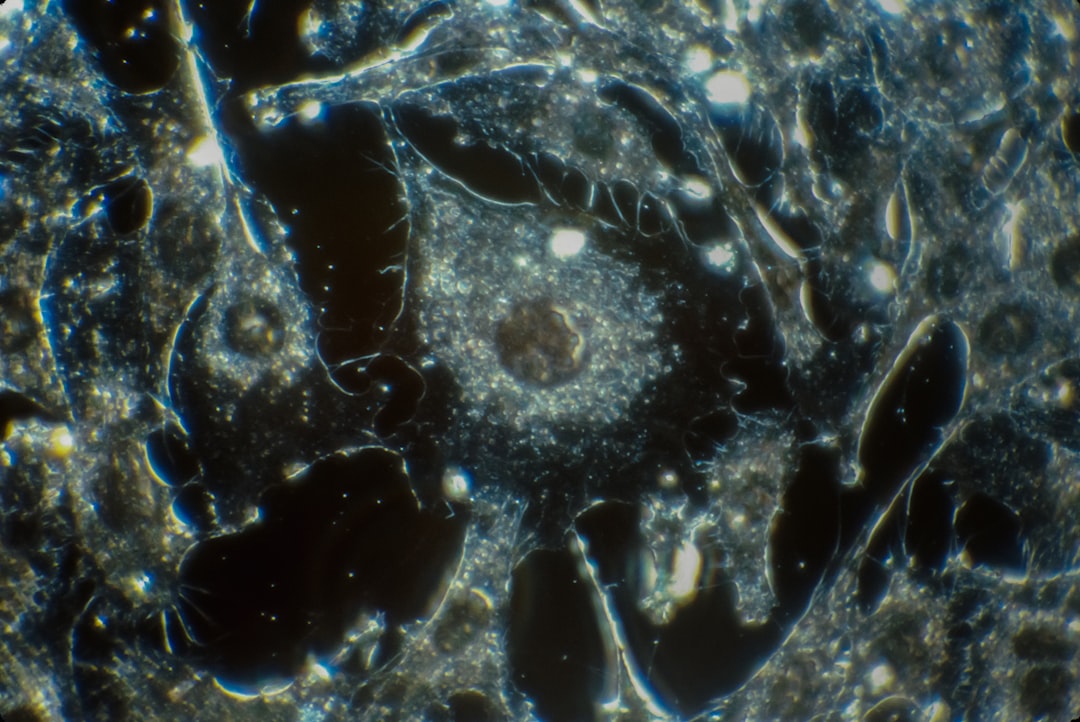What is it about?
Effective use of ecosystem monitoring data to resolve global environmental issues is a major challenge of the 21st century ecology. A promising solution to address this challenge is a causal network inference which can provide insight on the mechanical links between ecosystem components. In this work, we proposed a model-free framework named EcohNet.
Featured Image

Photo by Sora Sagano on Unsplash
Why is it important?
EcohNet utilizes ensemble predictions of echo state networks, which are known to be fast, accurate, and highly relevant for a variety of dynamical systems and can robustly predict causal networks of ecosystem components. It also can provide an optimized forecasting of overall ecosystem components. Further development by applying EcohNet to time series of high-frequency data, such as sensor data, could lead to real-time, near-term forecasting to prepare for or preempt future impairment of ecological functions and services. Moreover, not limited to ecosystems, EcohNet could be used to analyze complex and hybrid multivariate time series in many scientific areas.
Read the Original
This page is a summary of: Decomposing predictability to identify dominant causal drivers in complex ecosystems, Proceedings of the National Academy of Sciences, October 2022, Proceedings of the National Academy of Sciences,
DOI: 10.1073/pnas.2204405119.
You can read the full text:
Resources
Contributors
The following have contributed to this page










